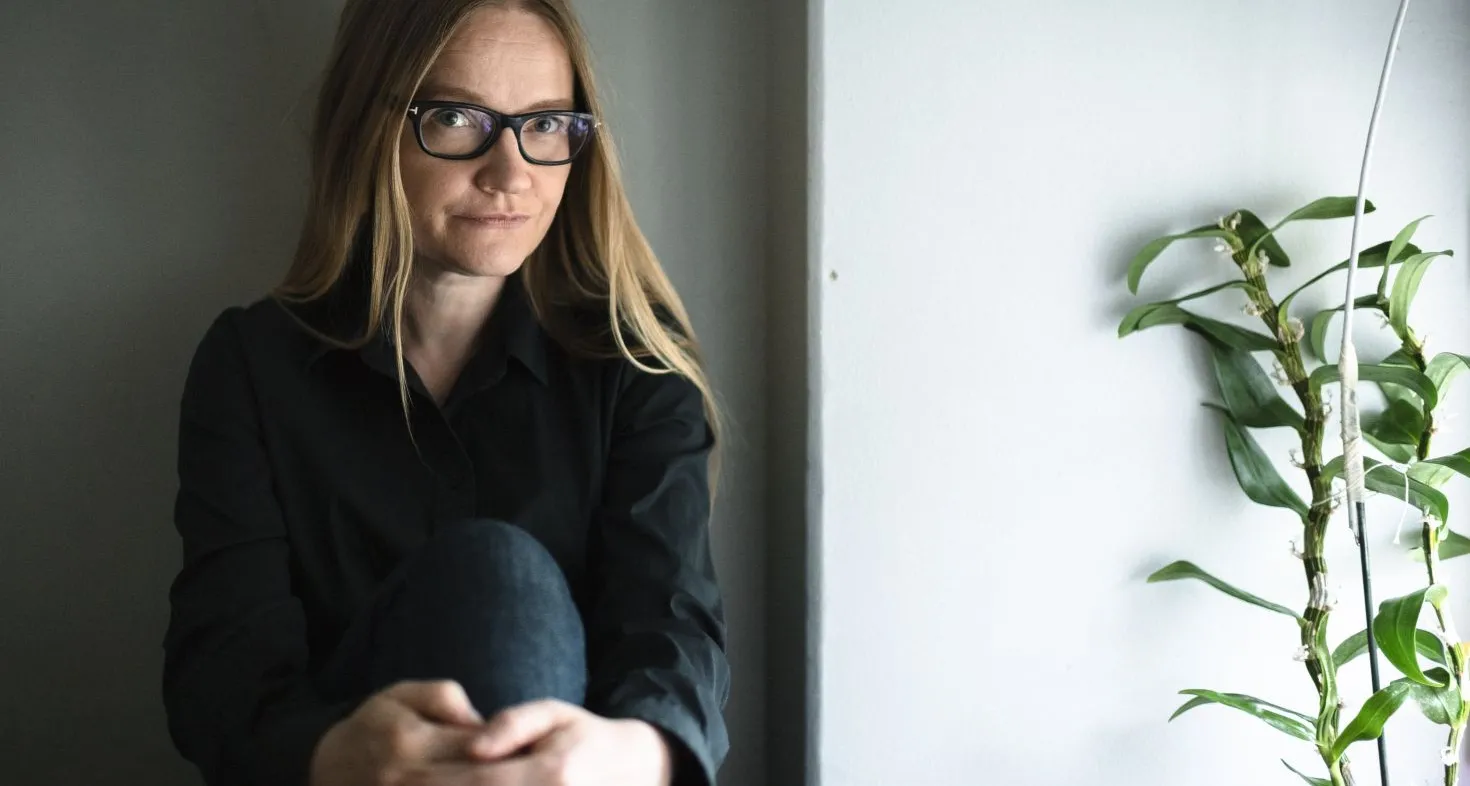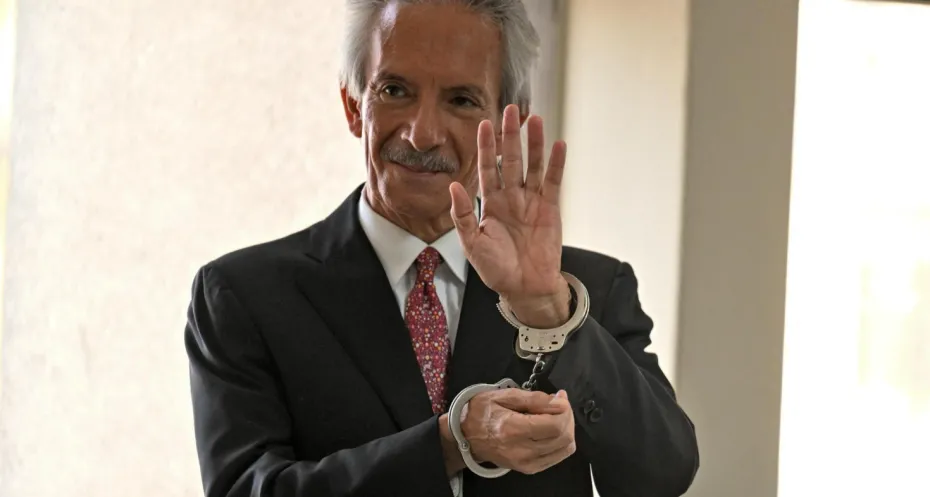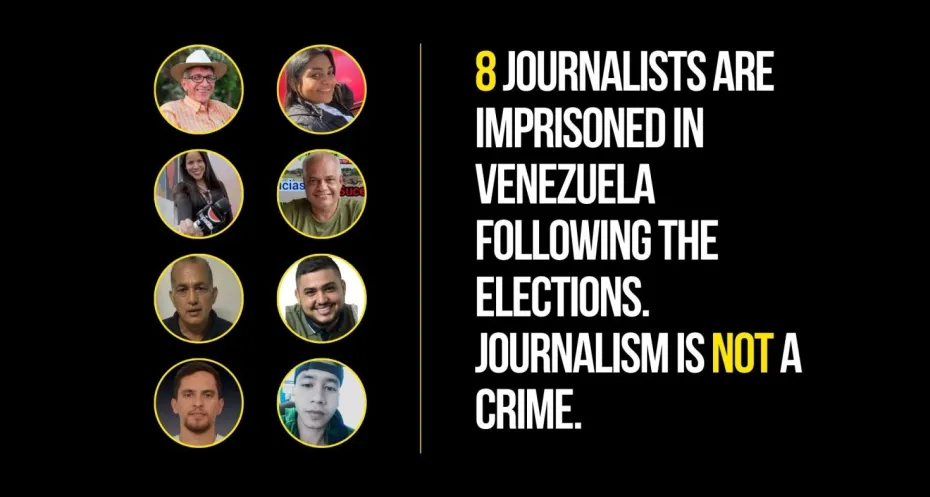
Journalist Johanna Vehkoo about her five-year long legal battle in Finland
Legal attacks are a big threat to independent media and journalists. It happens all over the world, also in democratic countries that are known to uphold press freedom. Like Finland, where journalist Johanna Vehkoo fought a five-year legal battle against defamation charges. Now the charges have finally been dropped. During this process, our Reporters Respond team provided support.
Johanna Vehkoo, co-founder of the Finnish investigative journalism site Longplay, was charged for defamation by former politician Junes Lokka after accusing him of racism on Facebook in 2016. She talks to us about her experience of the trial, and the aftermath and impact it had on journalism in Finland.
“This whole experience had severely impacted my ability to work as a freelancer, causing me reputation damage and financial strain. The relief upon the charges being dropped after five years was immense.”
Her case is now seen as an example of a SLAPP, a Strategic Lawsuit Against Public Participation, but during the process it wasn’t recognized as such. SLAPP’s are an increasing threat to press freedom. They are attempts to intimidate and silence journalists through lengthy, expensive and meritless lawsuits.
Can you elaborate on the financial and emotional challenges you faced during the legal proceedings and how this impacted you personally and professionally?
“As a freelancer, I struggled to secure work. Frequent sick leave due to exhaustion that developed into depression rendered me unable to work for several months. Calculating the loss in earnings became impossible, considering the assignments I missed and could have obtained if this hadn't happened. At one point, I feared exhausting all my savings and potentially selling my belongings to still be able to defend myself. Pursuing the case to the Supreme Court was important not only to recover back some of my finances but also to uphold my innocence and reputation against the criminal charge.”
The term "SLAPP" was not used at the time in Finland, but now it is. How do you think your case has contributed to raising awareness about SLAPP’s in the country?
“Previously, SLAPP was virtually unknown and absent from public debates or media discussions. However, after the charges were dropped and the supreme court ruled in my favor, the media began covering SLAPP’s as a phenomenon. Subsequent cases emerged, highlighting that Finland indeed faces SLAPP issues, especially affecting journalists. It is disheartening to see Finland's attempts to hinder SLAPP legislation within the EU. There is a lack of awareness and of legal protection against them. It's crucial to further discuss SLAPP’s in our country, and training for judicial staff is necessary.”
What kind of support helped you during the legal proceedings?
“When initially seeking help after being charged, I found no support avenues. The Finnish journalist union and my personal legal insurance couldn't assist due to the criminal nature of the case. Being a freelancer left me without employer support. Luckily I found support internationally through Free Press Unlimited, which was a lifesaver and pivotal in taking the case to the Supreme Court.
The journalist union did find a creative way to support me during the lawsuit. A political cartoonist drew a piece related to my lawsuit case and auctioned it on social media. The Journalist Union came forward as the highest bidder, providing me with the funds from the auction. It was a clever and supportive gesture. The auctioned drawing is still displayed on the wall in their office.
After the case closed, the journalist union also gave me a freedom of speech award. This prize is particularly significant as it entails a monetary reward. After facing significant income loss over the years, this financial support holds great importance. Moreover, gaining recognition within the journalist community is invaluable.”
What happened after the case was dropped?
“My case revealed a gap in ways to support journalists in this situation, therefore a NGO was founded that has been (financially) supported by various media companies. It provides legal and psycho-social support for journalists who face legal attacks. This establishment was crucial. While it couldn't assist me in the early stages of my legal battle, it has been immensely beneficial for others who followed in similar situations.
My case wasn't just about my freedom of speech but everyone's. This lawsuit case has been acknowledged as the most significant case law in political freedom of expression in Finland in the 2000s. It's a precedent that impacts everyone, not just journalists. I knew that only about 5% of cases are considered to pass through to the Supreme Court, and putting together a good application demanded substantial costs. However, it was crucial to prevent a situation where anyone could face charges for calling out extremism or racism."
Is it correct that you only received half of the legal fees back?
“The Supreme Court deemed my lawyers' costs excessive, and decided that the state will reimburse only around half of the legal fees, which was surprising. In cases concerning complex free speech issues, hiring lawyers specialised in such matters is essential. I could not have taken the case all the way through to the Supreme Court without a good lawyer. It seems unfair to burden someone wrongfully indicted with such high costs.”
How do you see the landscape of journalism in Finland evolving after the precedent-setting decision in your case? Do you think this will make journalists feel more secure in their work?
“I hope so. Even after the Supreme Court ruling, I noticed instances where journalists seemed to have difficulties in reporting racist speech; they hesitated to name it outright. Yet, it's crucial to call out racism, as no racist politician will admit to their statements being racist. My indictment and the decision the lower courts made, seemingly exacerbated this issue. Even though I was only speaking the truth, the first court decision still deemed me as guilty.
But now, the Supreme Court decision is widely known within the Finnish journalist community. Consequently, during this summer and fall we witnessed extensive political debates on racism in Finland, especially in political speech. For the first time, I've seen journalists addressing how in the past they were overly cautious calling out racism. Although they don't always refer to my case, I believe this decision significantly impacted the atmosphere, empowering the freedom to speak the truth.”
What do you hope the legacy of your case will be for journalism and freedom of expression in Finland and beyond?
“I hope for reforms within the judicial system, although I see no signs of this happening. My aspiration is for changes in how defamation cases are handled by the police and judiciary. During this legal battle I wrote the book "The Trial”. The book aimed to reveal what was left unsaid in this highly publicized case, to present the complete story and point out the SLAPP nature of the case. Recent academic research on defamation cases in Finland aligns with my book's findings, highlighting the arbitrariness in prosecuting these cases.
There are alarming instances where severe defamation cases, containing hate speech against minorities, remain uninvestigated, while seemingly trivial cases progress. This disparity is unacceptable. I advocate for defamation law reforms that do not penalise truth-telling. It's unjustifiable to criminalize truthful statements, as I faced. Even if Finland doesn't abolish defamation laws entirely, it should amend them to protect those speaking the truth. This case should encourage people to freely discuss topics like the far right, its tactics, and racist speech without fearing legal repercussions.”



